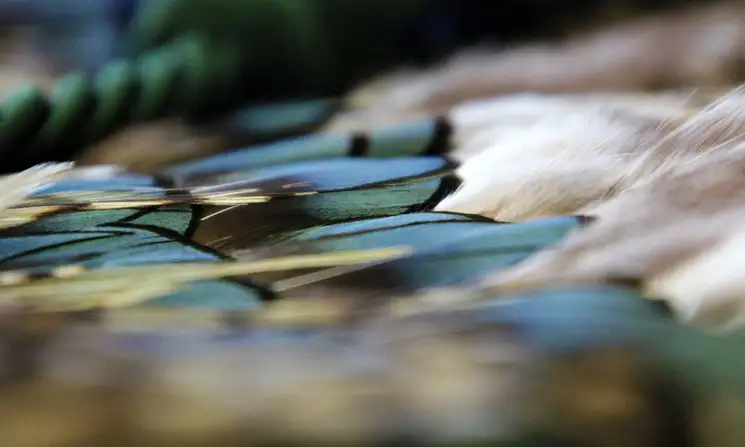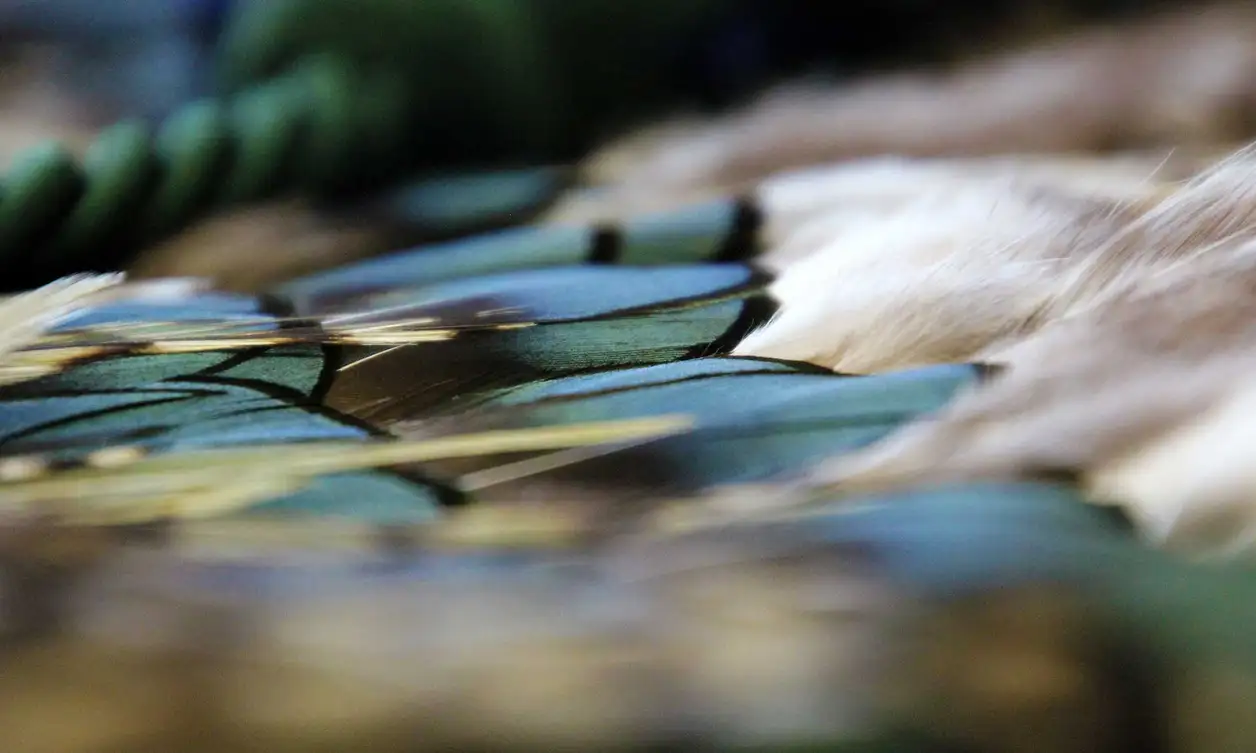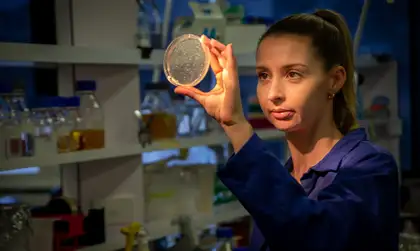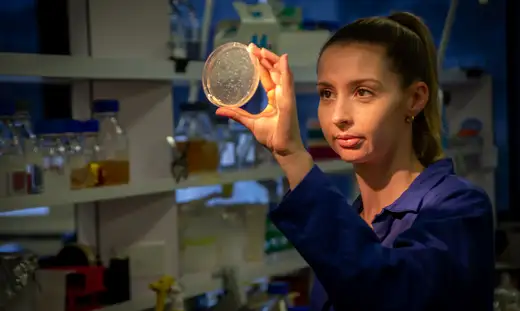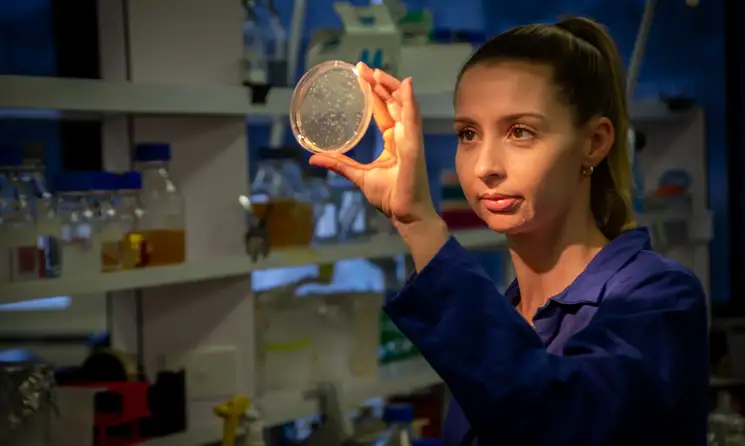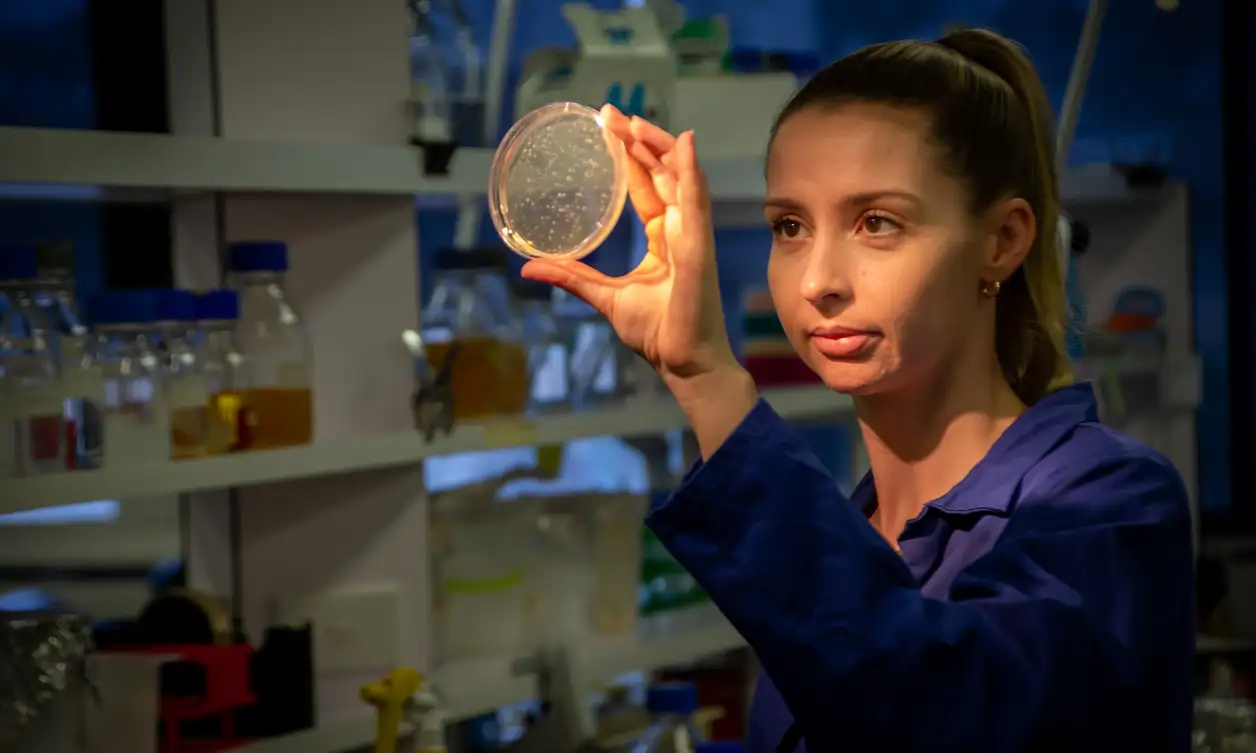National Research Centres
National centres bring experts together from research organisations across Aotearoa New Zealand. They are sponsored by the government or industry groups to focus on a specific work programme contributing to public good outcomes. They often work in collaboration with international research and education organisations.

Riddet Institute
This institute is one of eleven Centres of Research Excellence (CoRE). It produces world class research in food innovation and nutritional sciences through extensive national and international research collaborations. It is committed to outstanding research, world-class education for future leaders and to future-proofing New Zealand’s food industries.
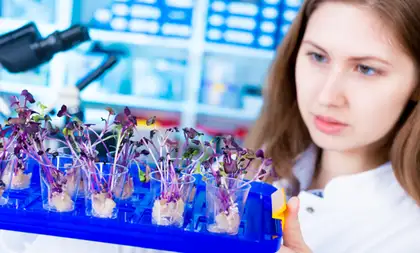
The New Zealand Food Safety Science & Research Centre
In a unique partnership with government and industry, this centre draws on scientific expertise from three Crown Research Institutes, three universities and the Cawthron Institute. It aims to provide research for decision-making within public health and the food industry – focusing on improving hazard detection in food production and reducing risk of food-borne illness to consumers.
University research centres
University centres draw interdisciplinary teams of Massey academics together, working in partnership with external collaborators. They carry out world-class research, focusing on major national and international issues.
Research Centre for Hauora and Health
Covering all aspects of hauora and health research, with a focus on: epidemiology, non-communicable diseases mātauranga and kaupapa Māori, Māori and Pacific health, environmental and occupational health.




SHORE & Whāriki Research Centre
Two multidisciplinary research groups working in a Treaty of Waitangi partnership model to produce excellent research with the aim of improving health and wellbeing in Aotearoa, New Zealand and globally.




Te Mata o Te Tau
We advance Māori scholarship by connecting scholars across disciplines, departments and research centres.




College research centres
Established across Massey, college-hosted centres provide a shared research focus to develop and showcase collective expertise and opportunities for potential postgraduate students and industry collaborators. Many are unique nationally with wide international connections and influence.
Massey Business school
Center for Culture-Centered Approach to Research & Evaluation
A global hub for justice-based communication research – using participatory and culture-centered methodologies to develop community-driven communication solutions for building and sustaining human health and wellbeing.
Financial Education & Research Centre (Fin-Ed Centre)
Helping New Zealanders become more financially savvy by improving knowledge, attitudes and behaviour towards money.
Te Au Rangahau – Māori Business Research
Connecting the Māori world with the business world through innovative research and advice to help Māori thrive in entrepreneurship and enterprise.
College of Creative Arts
Toi Āria – Design for Public Good
Toi Āria is making an impact through its commitment to people and improving lives through design-led community engagement – harnessing design and creativity for positive social change.
College of Health
Nutrition & Dietetic Centre, Auckland
We offer personalised nutritional advice and assessments and nutrition education talks.
Sleep/Wake Research Centre
Advancing and applying scientific knowledge about sleep and waking function.
College of Humanities and Social Sciences
Centre for Research in Mathematics Education
Bringing together experts in mathematics education to work on a common theme: the place of mathematics education and its transformative potential.
Equity Through Education
Established to promote equity, social justice and diversity in and through education and to support the creation of more equitable education systems in Aotearoa New Zealand.
Joint Centre for Disaster Research
An international centre for research and teaching in disaster risk and emergency management.
Joint Centre in Applied Linguistics with Beijing Language & Culture University
Based on Massey's Auckland campus, we connect New Zealand-based language and linguistics researchers with their counterparts in Beijing to exchange new ideas, and explore the best ways to teach Chinese (Mandarin) and train and resource teachers.
College of Sciences
Al Rae Centre for Genetics & Breeding
Conducting genetics and genomics research, with projects that benefit New Zealand’s agricultural sector.
Animal Welfare Science & Bioethics Centre
Internationally recognised centre of excellence for animal welfare science and bioethical analysis.
Centre for Parallel Computing
Investigating parallel computing and its applications in scientific research – at type of computing where multiple instructions are executed at the same time by different cores, processors or machines.
Centre for Theoretical Chemistry and Physics
Advancing and disseminating knowledge in theoretical/computational chemistry and physics.
Farmed Landscapes Research Centre
Teaching and research on nutrient and environmental management for agriculture, horticulture and forestry.
Infectious Disease Research Centre
An interdisciplinary, infectious disease research hub hosted by Massey. We are engaged in applied research concerning multihost pathogens, and fundamental research regarding pathogen evolution and disease emergence.
Volcanic Risk Solutions
A centre for applied volcanic hazard and risk management research, developing scientific advances in volcanology in practical risk-management strategies for New Zealand and Southwest Pacific communities, businesses and government agencies.
Wildbase
Wildbase at Massey's Manawatū campus has Wildbase Hospital, pathology, wildlife research, and oiled wildlife response.
Related content
Business research
Massey Business School's academic research enhances knowledge across a broad range of business and organisational disciplines.




Creative arts research
Meet the College of Creative Arts researchers and find out about our research themes and strengths, projects and news.




Health research
Across the College of Health our staff, students and collaborators examine a wide range of hauora and health research.
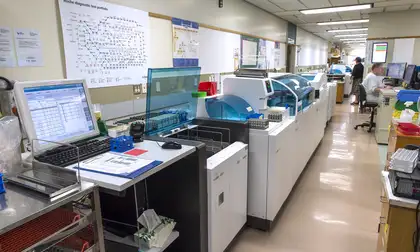
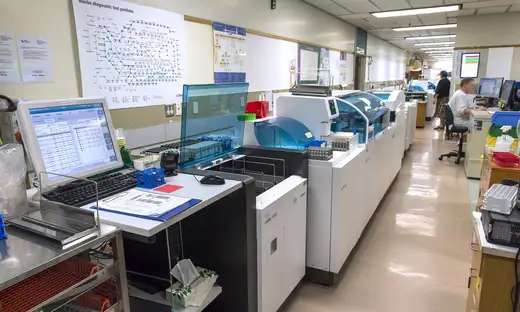
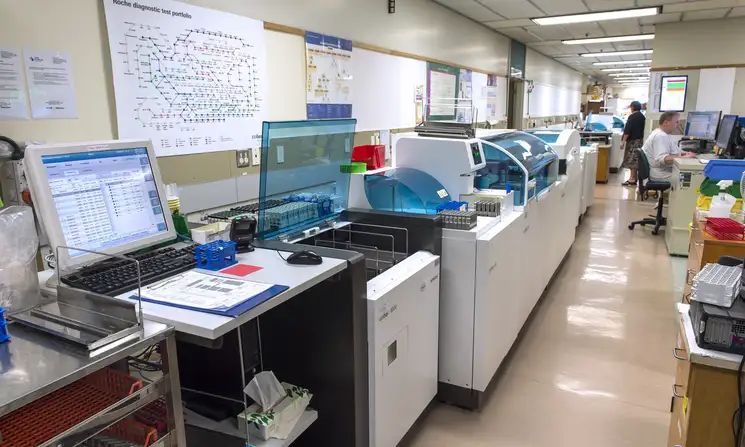
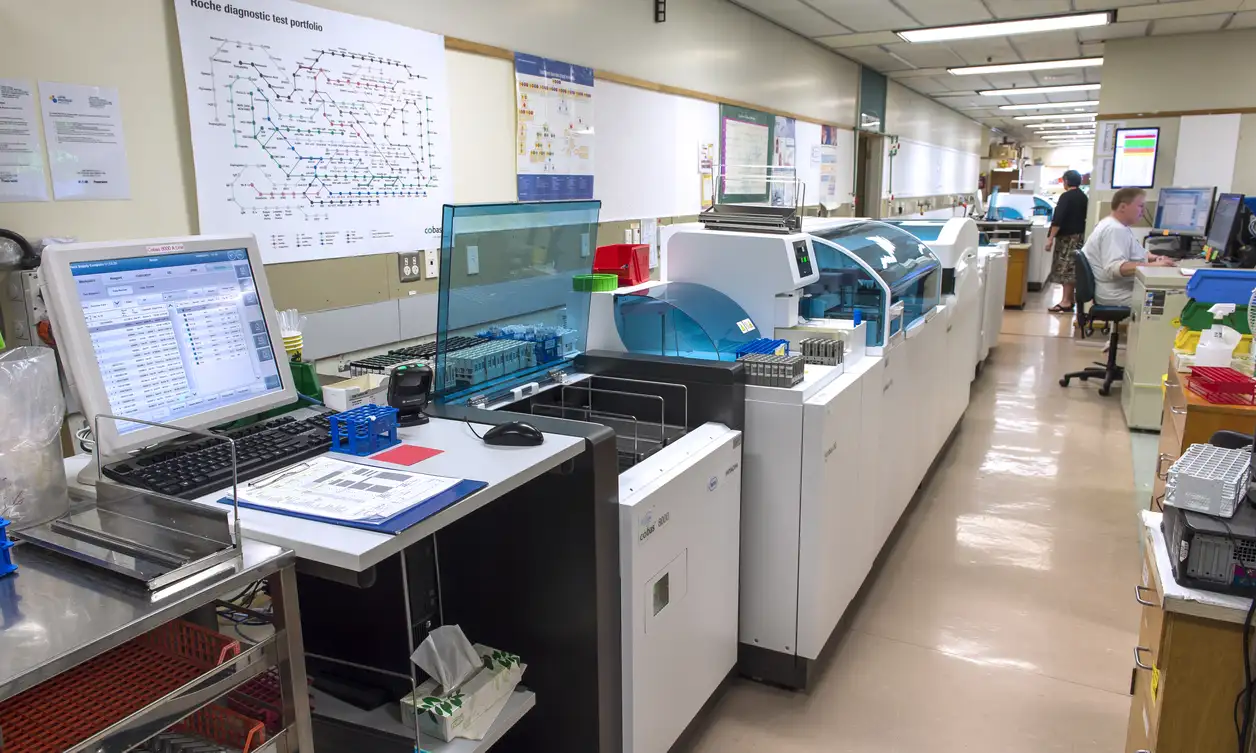
Humanities & social sciences research
Humanities researchers are contributing to people's lives and tackling the major challenges of our times with their work.






